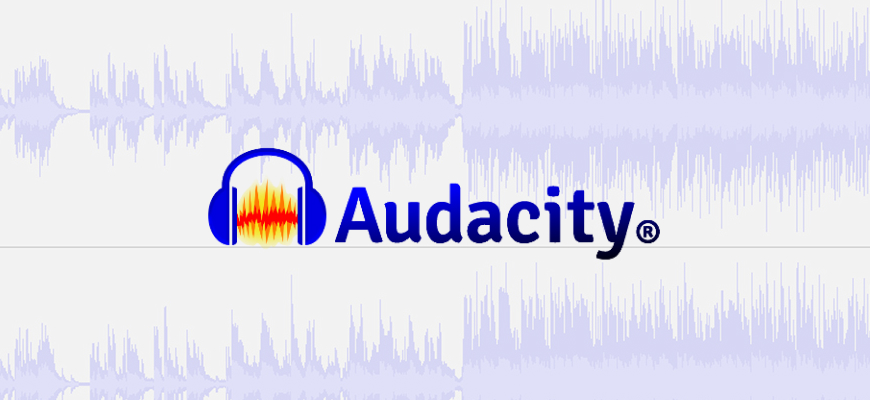Antivirus
Photo & Video
Programming & Design
Office Management
Other

In the world of audio editing and recording software, Audacity has made a name for itself as one of the most popular and widely used tools. This Audacity review will provide an in-depth look at what this software is, how to use it, how much it costs, and its pros and cons. By the end of this article, readers will have a thorough understanding of Audacity and what it can offer to both beginners and professionals alike.
Free DownloadTable of Contents
Audacity is a free, open-source, cross-platform audio software that allows users to record, edit, and manipulate audio files with ease. It is available for Windows, Mac, and Linux operating systems, which makes it accessible to a wide range of users. First released in 2000, Audacity has continually evolved and improved, resulting in a powerful audio editing tool that can be utilized for various purposes such as podcasting, music production, audio restoration, and more.
The software supports a wide array of audio formats, including WAV, AIFF, FLAC, Ogg Vorbis, and MP3. With its extensive range of editing and recording features, Audacity caters to the needs of both amateur and professional audio editors. Some of its key features include multi-track editing, audio effects and filters, noise reduction, and the ability to import and export various audio file formats.
Audacity’s user-friendly interface and the fact that it is open-source make it an attractive option for many users. The vast community of developers and users ensures that Audacity is consistently updated with new features and improvements. Additionally, the extensive online documentation and user forums make it easy for users to find answers to their questions and learn more about the software.
To get started with Audacity, users first need to download and install the software on their computer. Once installed, users can launch the application and start exploring its features. The main interface consists of a menu bar, toolbars, and a track view area where audio tracks are displayed.
The first step in using Audacity is to either import an existing audio file or record a new one. Users can import audio files by clicking on the “File” menu and selecting “Import.” Audacity supports various audio formats, making it easy to work with different file types. To record a new audio track, users can simply click the red “Record” button on the toolbar.
Once an audio track is in place, users can begin editing and applying effects. Audacity offers a comprehensive set of editing tools, including cut, copy, paste, and delete, as well as the ability to move and adjust the volume of audio clips. To apply an effect, users can select a portion of the audio track, click on the “Effect” menu, and choose from a variety of options such as noise reduction, equalization, and reverb.
Exporting the finished audio project is also straightforward in Audacity. Users can click on the “File” menu, select “Export,” and choose their desired audio format. The software also allows users to save their project as an Audacity project file (*.aup) for future editing.
One of the most appealing aspects of Audacity is that it is entirely free to use. There are no hidden fees or subscription plans, making it an attractive option for users on a budget or those who are just starting with audio editing. The open-source nature of the software means that it is continually being improved and updated by a community of developers, ensuring that users have access to the latest features and tools.
As mentioned earlier, Audacity is a free and open-source software. This means there is no cost associated with using the software, and users can access all of its features without having to worry about paying for a subscription or purchasing a license. This makes Audacity an ideal choice for individuals who are just starting with audio editing or those who do not want to invest in expensive software.
Free DownloadAudacity offers several resources for users to find support and help when using the software. The Audacity website features a comprehensive manual that covers all aspects of the software, from installation to advanced editing techniques. In addition to the manual, there are numerous online forums and communities where users can ask questions and share their experiences with the software. The developers of Audacity also maintain an active presence on these forums, ensuring that users can receive assistance from knowledgeable sources.
In conclusion, Audacity is a powerful and versatile audio editing software that offers a wide range of features for users of all skill levels. Its free and open-source nature makes it an attractive option for those who are just starting with audio editing or those on a budget. Although the software may not be suitable for users who require more advanced features, its comprehensive set of editing tools and effects, cross-platform compatibility, and active community support make it a popular choice for many audio editors. Whether you are a beginner or a professional, Audacity is worth considering as an audio editing tool for your projects.